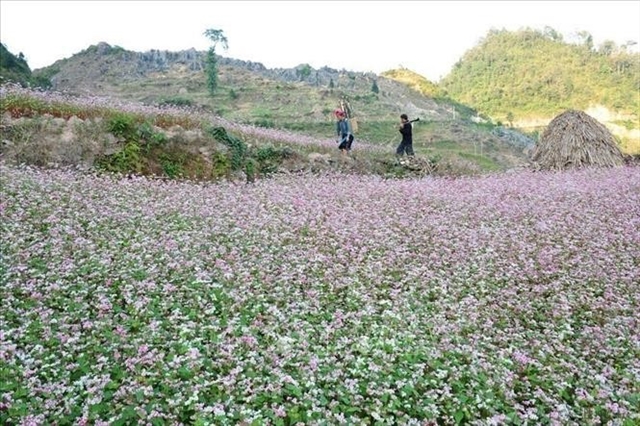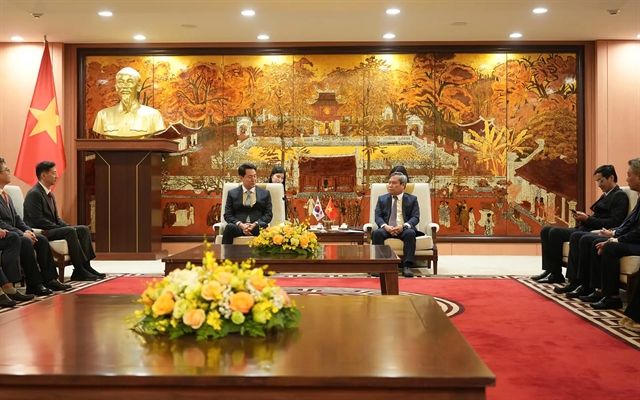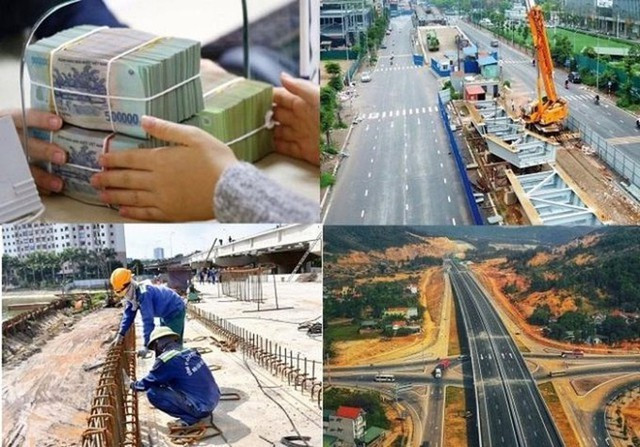 Economy
Economy
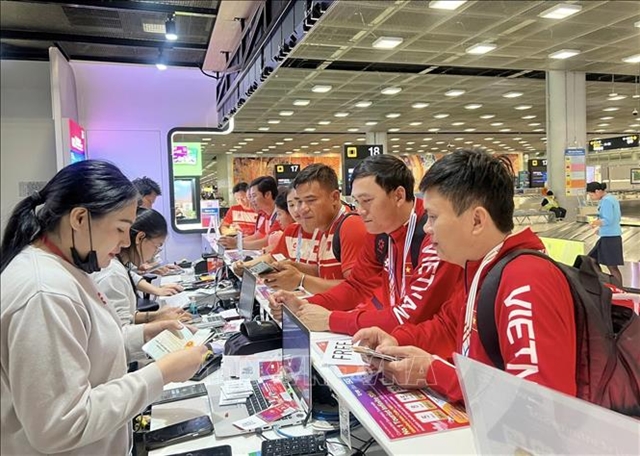
With the EU - Việt Nam Free Trade Agreement coming into effect in August and eliminating most tariffs, agriculture, forestry and aquaculture businesses need to be aware of the EU’s stringent regulations, experts have said.
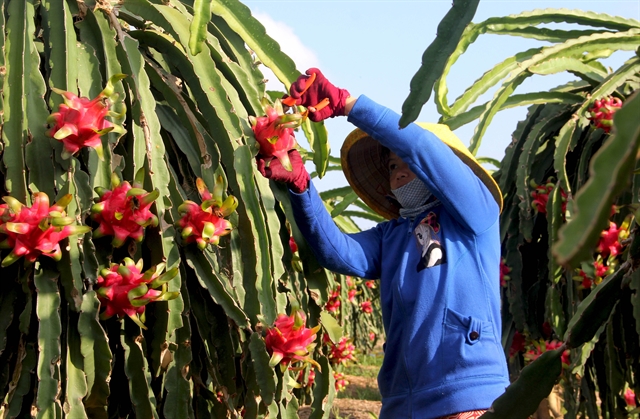
|
| While the EVFTA offers great opportunities for agricultural, forestry and aquaculture businesses, they have to be more aware of the EU’s strict requirements, experts said. — VNA/VNS Photo |
HCM CITY — With the EU-Việt Nam Free Trade Agreement (EVFTA) coming into effect in August and eliminating most tariffs, agriculture, forestry and aquaculture businesses need to be aware of the EU’s stringent regulations, experts have said.
Minister of Industry and Trade Trần Tuấn Anh said the EVFTA has a very high level of commitment in comparison to other trade deals that Việt Nam has signed, with over 99 per cent of import tariffs set to be removed by the two sides within the next 10 years.
Certain of Việt Nam’s major exports such as rice, coffee and vegetables would have import tariffs eliminated immediately or within just a few years, he said.
“One of Việt Nam’s strengths is the production and export of agricultural, forestry and aquaculture products, and these products account for around 8.4 per cent of the EU’s imports; so there is a lot of growth potential.”
Minister of Agriculture and Rural Development Nguyễn Xuân Cường said the agreement is a golden opportunity for agricultural exporters, especially as businesses are trying to recover from COVID-19, and products that are good enough for the EU could do well in other countries too.
The increased investment by the EU in Việt Nam would lead to more technology transfer and workforce improvement, which would help increase the output and quality of agricultural goods, he said.
Trần Thanh Hải, deputy head of the Department of Exports and Imports, said there is great potential for Vietnamese goods such as rice and other farm produce and seafood.
But businesses would have to abide by strict EU requirements on product quality, labour and the environment (such as for harvesting timber and fishing) in addition to facing tough competitors from other countries.
Lý Hoàng Hải, general director of Eurofins Sắc Ký Hải Đăng, which provides food testing services, said small businesses are not fully updated on EU regulations, which would hinder their exports.
Several chemical substances that are not allowed by the EU are used widely in Việt Nam, he said.
Awareness of such regulations should be raised among farmers, and a database should be built to help businesses keep up easily with changes in technical requirements, he said.
Nguyễn Quốc Toản, head of the Department of Agriculture, Forestry and Aquaculture Processing and Market Development, said the Ministry of Agriculture and Rural Development would help provinces build codes to track farming areas, which would improve geographical identification and traceability and raise awareness of EVFTA among businesses and encourage them to invest in processing for higher value addition.
The agricultural sector would work on attracting more EU investment to help Việt Nam’s agriculture enter global value chains, he said.
Trần Thanh Hải said more investment should be focused on competitive export items that still have a low market share in the EU, regions should focus on developing their specialities, and agriculture reform to match market needs is crucial.
“When tariffs are no longer a barrier, product quality, production processes and stable supply become important factors in agricultural products’ competitiveness and their exports to the EU.”
With the GDP of US$15 trillion, the EU is Việt Nam’s second largest market, but its exports account for only 2 per cent of the bloc’s imports. — VNS

